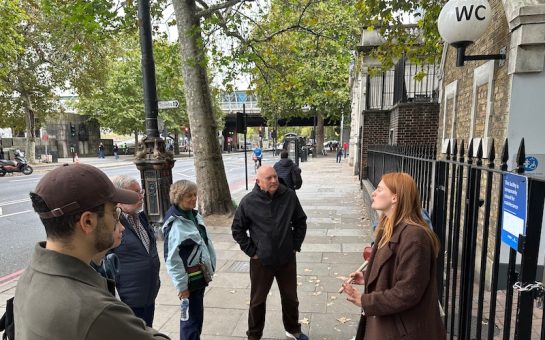![]() By Milly Veitch
By Milly Veitch
January 17 2020, 15.25
Follow @SW_Londoner
Amsterdam has implemented stricter policies, including a rise in tourist tax, to solve its over-tourism problem.
Beginning on January 1, Amsterdam City Council has brought in a tourist tax of €3.00 a night to stay in the city, on top of the existing 7% charge on hotels and 10% charge to stay in Airbnbs.
The measures have been created to better manage tourism, so the Netherlands can continue to benefit from the visitor traffic, whilst keeping its Dutch citizens happy.
In 2017 the city was visited by more than 19 million tourists, compared to its 1.1 million local population.
Jason Stubblefield of Amsterdam Tourism Magazine explained the city’s popularity, saying: “Amsterdam is close to the UK and offers a more lenient atmosphere in which to blow off steam.
“Certainly, the cannabis and red-light district have something to do with it, but there is also just something special about Amsterdam that you can’t really put your finger on that makes is a very special and cozy place.”
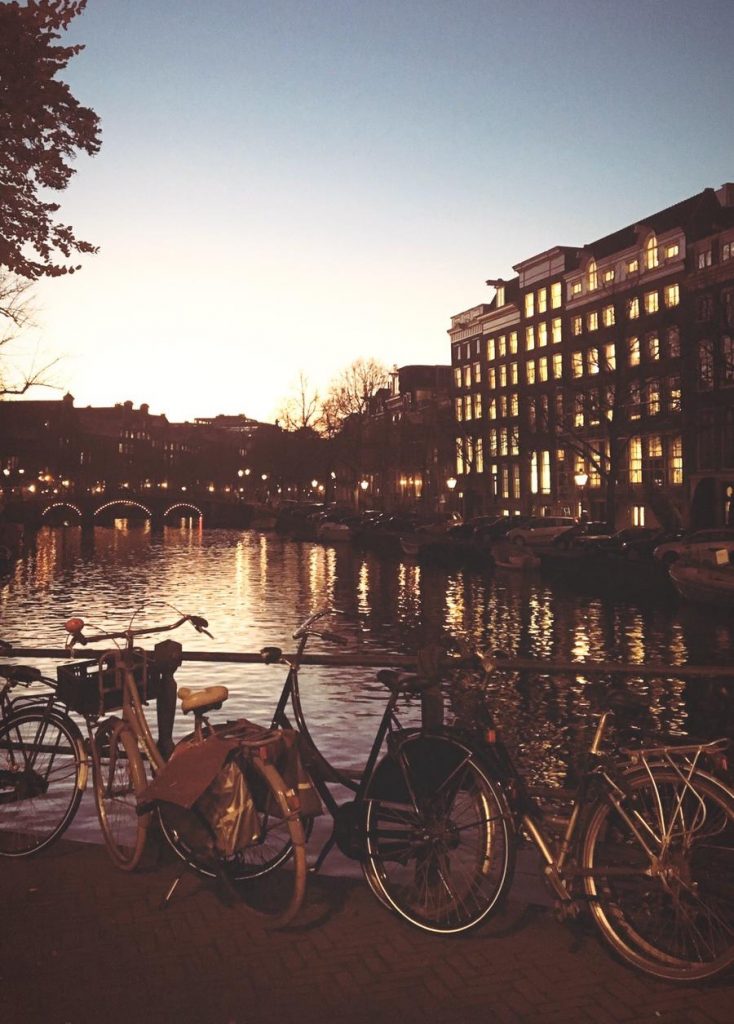
Amsterdam City Council has said that the tourist tax is justified as it covers the necessary up-keeps the city has to undertake in order to cope with the number of visitors in receives.
Deputy Mayor for economic affairs Victor Everhardt said: “Amsterdam is a very popular city to visit, every year the amount of tourists that pay a visit to our beautiful city increases.
“It cost the municipality a lot to keep the city safe and clean, and to make sure the infrastructure, like bridges, quay walls, streets and sidewalks etc., are in a good state.
“We increased the tourist tax, because we think it’s a fair contribution to the use of the public space. Of course, tourists are welcome to come and visit, but they have to contribute a bit more.”
Spokesperson for the deputy mayor Vera Al emphasised that the measures they are undertaking are not to deter tourists, but instead to prioritise Amsterdam residents.
She said: “We cannot put a fence around Amsterdam and we don’t want to.
“We are an international city but in the first place we are a city to live in and secondly, we are a place to visit.”
She added: “We do not have the illusion that the number of visitors will diminish and that is not the idea behind the raising of the tourist tax.
“We just think it is not only the residents who should pay the tax to keep the city safe and clean.”
Along with the tax, there has also been a recent clampdown on housing rentals in the city, limiting the number to a four-person maximum and residents can only rent out their homes for a total of 30 days a year.
Mr Stubblefield said: “Amsterdam takes a lot of money to keep running and there are still too many companies exploiting the loopholes such as Airbnb which is certainly a dark force in the tourism industry.”
Ms Al said that there are now rules in place to require people to report to the city government if they are planning to Airbnb their home out, and that they are working on harsher measures, including closing down illegal bed and breakfasts.
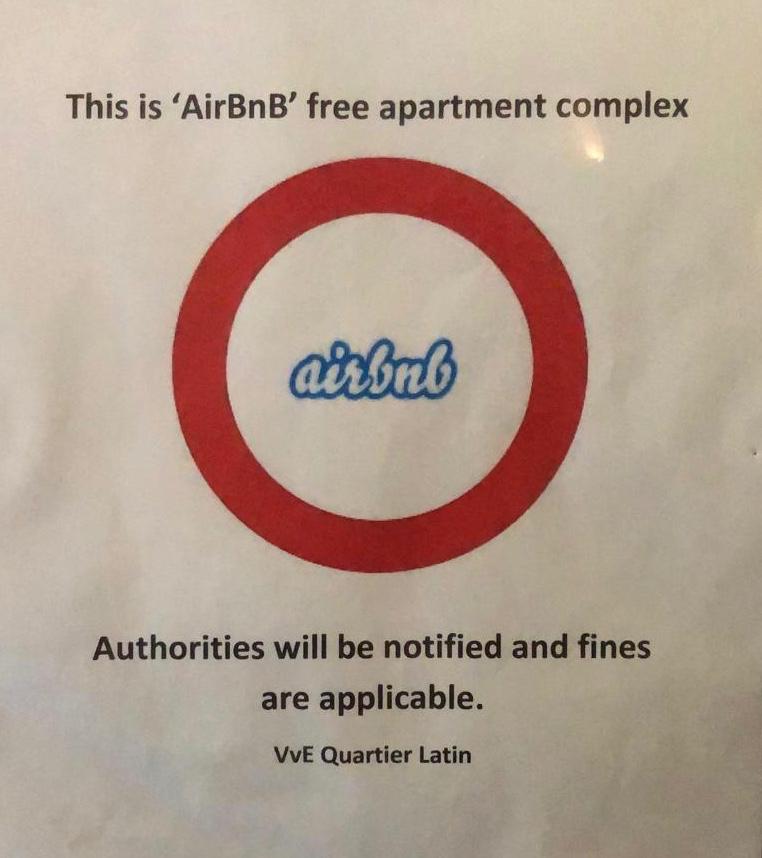
She added: “We are investigating to see if it is possible to for some areas or streets – where residents really complain the percentage of holiday rentals is too high – to have a ban on Airbnb.
“We feel houses are to live in and not to rent out.”
The measures have proved popular with Amsterdam residents, who feel the changes are necessary to cope with the problems that arise from living in a tourist hotspot.
Mr Stubblefield said: “I would say that most of the residents of the central part of the city are mildly irritated by tourists while knowing in the back of their mind that they are a major part of the economic punching power of Amsterdam.”
Fellow Amsterdam resident, Susan Bhatti, 59, said she didn’t usually mind tourists but that the small size of the city means it can get very densely populated and overcrowded, particularly in the summer.
She said: “In some streets, such as those along the famous canal rings, it can become difficult to move along the pavements especially when people are dragging their rolling luggage behind them.”
A lot of shops around the city also cater specifically for tourists, replacing bakeries and groceries that locals rely on, leaving them feeling increasingly estranged.
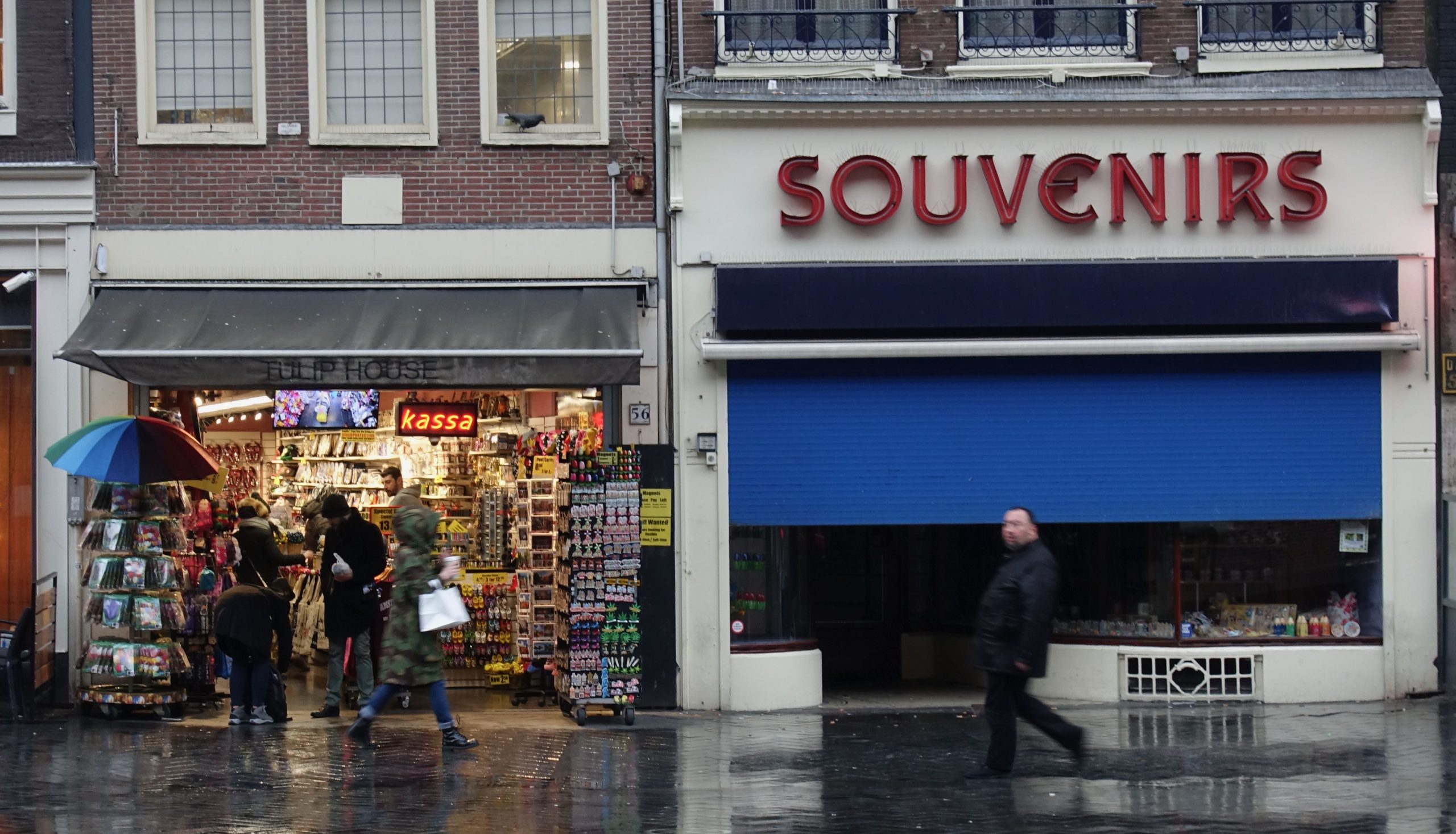
Ms Bhatti added the many of the problems stem from Amsterdam’s popularity as a party holiday destination, so having the tourist tax was fair and necessary to ensure that locals’ quality of life was maintained.
She said: “People who come here to celebrate stag nights or hen parties are often particularly insensitive to the disturbance they cause to residents.
“Since the Dutch still live in the old houses in the centre of the city, the noise and mess created by some of the tourists can be really annoying.”
Amsterdam residents often have to contend with people vomiting outside of their houses, shouting in the streets, or urinating into the canals.
Ms Bhatti added: “Obviously the Amsterdammers welcome visitors and are proud to share their wonderful city but tourists need to be mindful of the local residents and their right to a clean and quiet environment.”
Mayor Femke Halsema, Amsterdam’s first female mayor, is also working to change one of the most famous tourist draws, the red-light district, partly due to the huge numbers of visitors.
In a press statement, Mayor Halsema said: “Tourism now dominates the city centre more than ever, and for many visitors the sex workers have become no more than an attraction to look at.
“In some cases, this is accompanied by disruptive behaviour and a disrespectful attitude to the sex workers in the windows.”
Plans to change the location of brothels and to reduce the number of windows where prostitutes advertise themselves are being discussed in order to make sure ‘crowds are limited to an acceptable level, public space is free of litter and visitors behave appropriately’.
Deputy mayor Vera Al said: “Tourists can stay here, they are welcome, but they have to pay a bit and they have to behave with the rules we set.
“We sometimes have an image as city that you can doing whatever you want in Amsterdam but we want to change that – we want as little nuisance for the locals as possible.”
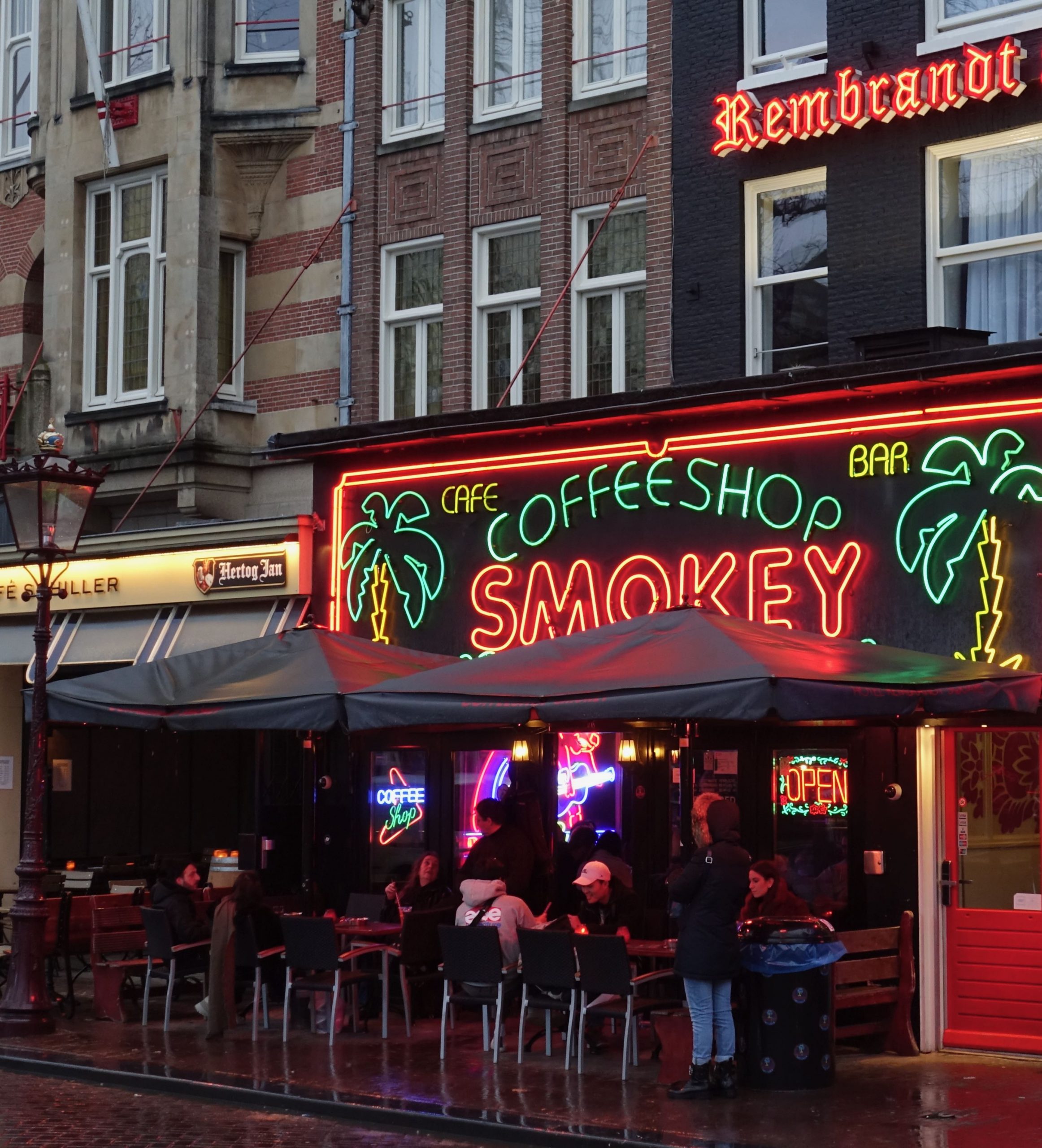
British tourist, Carys Turner, 22, has been to Amsterdam five times and believes the measures are reasonable and will not diminish the city’s popularity with tourists.
“I love Amsterdam because it is a really liberal city – there’s so much freedom, great food and I feel that the Dutch people are so friendly and welcoming, which is uncommon with British tourists, because we have that stag persona,” she said.
Miss Turner added: “The higher tax definitely won’t stop me from going, because the city is amazing, and I think it is fair enough that we contribute to keep it that way.
“Even without Airbnb, there are hundreds of hotels and honestly I don’t really think there is any measure they could bring that would stop visitors coming. People just really love Amsterdam.”
